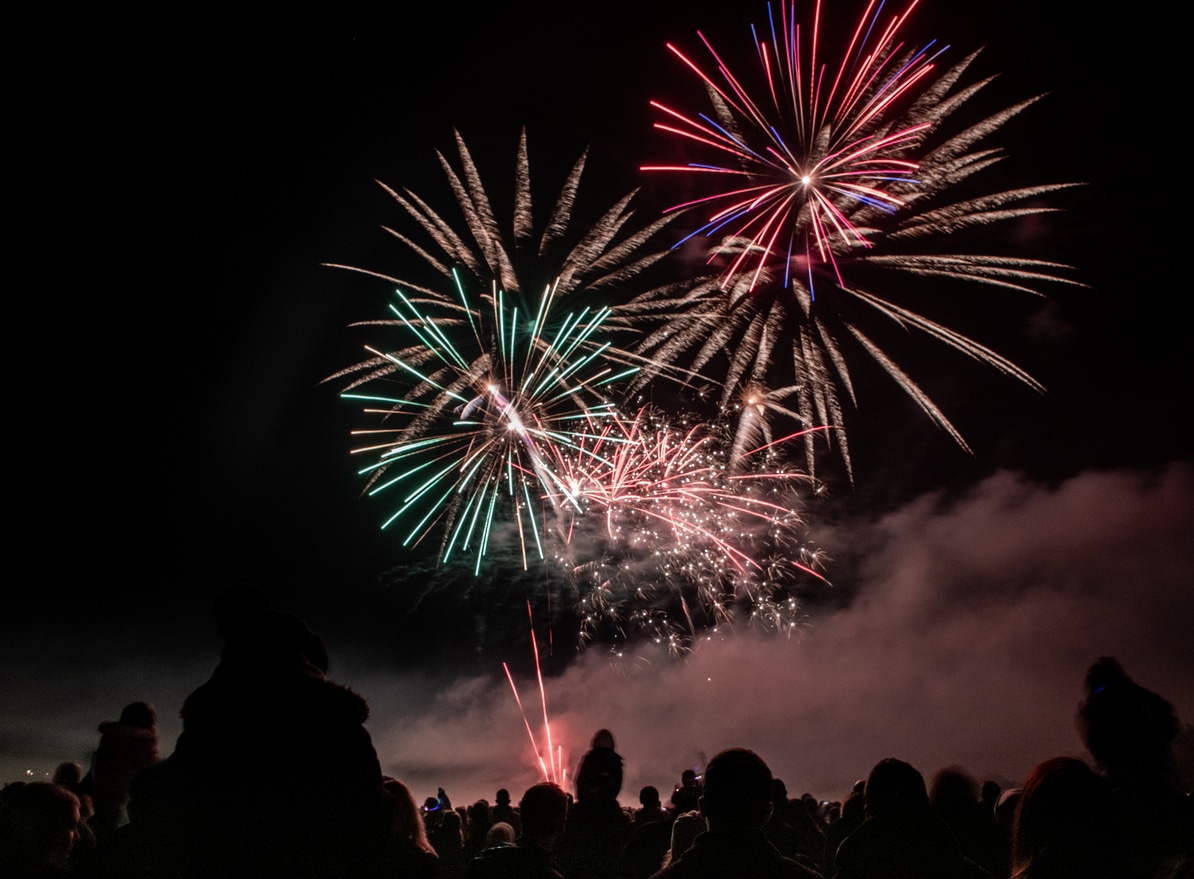It’s that time of year again, when booming fireworks displays light up the Savannah sky. While they’re a classic part of the Fourth of July, fireworks can reach volumes as high as 150 decibels, potentially causing permanent hearing damage.
If you’re planning to enjoy the show, take a moment to consider your hearing health. Loud bursts, especially repeated ones, can lead to lasting damage.
Why Hearing Protection Matters

Your inner ear houses thousands of tiny hair cells that convert sound into electrical signals your brain understands as noise. Loud noise can overstress these hair cells, causing them to bend or die.
If enough of these tiny hair cells die, permanent hearing loss results. The louder the sound and the longer you’re exposed to it, the greater the risk. Even a single night of loud noise without protection can lead to ringing in your ears or muffled hearing.
Protecting your hearing now means preserving your ability to enjoy conversations, music and the crackle of fireworks for years to come.
Three Ways to Protect Your Hearing
Whether you’re headed to a fireworks display or hosting your own, here are three smart ways to keep your ears safe:
- Wear hearing protection. Earplugs and earmuffs reduce the force of loud sounds and help prevent hearing damage. A few options include silicone, foam and custom-molded plugs. If you wear hearing aids or have young children, consider earmuffs as an alternative.
- Keep your distance. Standing farther from the fireworks means less exposure to intense sound. The Cleveland Clinic recommends you stand at least 35 feet from ground-level displays like sparklers and fountains and 150 feet from aerial fireworks like bottle rockets and Roman candles.
- Take a listening break. Your body knows when the sound is too loud. If the noise feels overwhelming or painful, step away for 10–15 minutes. This gives your ears a chance to recover and helps you avoid overexposure.
Schedule a Hearing Checkup Today
A fun July Fourth doesn’t have to come at the cost of your hearing. If you’ve noticed ringing in the ears or muffled hearing, it may be time for a hearing evaluation.
Contact Audiology and Hearing Aid Services today to schedule an appointment with one of our hearing specialists.